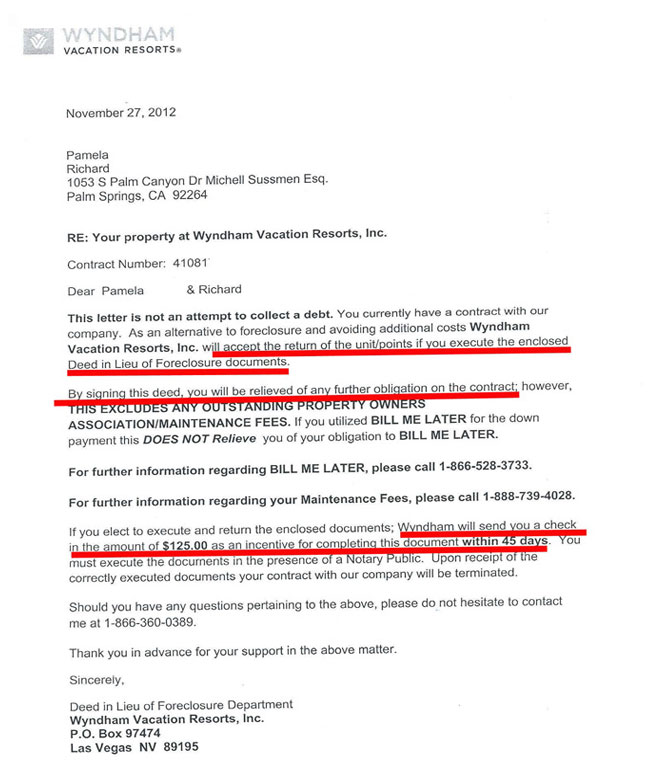Buying a house can be both an incredible and stressful procedure at the same time. But dealing with the huge cost of a home in one fell swoop is typically tough for a private or family to handle. That's where mortgages been available in. Generally in exchange for a deposit, a lender will give you a mortgage to allow you to finance your house with a rates of interest connected.
Comparable to other types of loans, mortgages need regular monthly payments a procedure called amortization where you decrease the financial obligation you owe gradually. The rate of interest you receive will be largely reliant on your credit score, as well as the size of your initial down payment. Furthermore, if you stop paying your mortgage, the loan provider can foreclose on your home.
Deposit requirements differ from lending institution to lending institution and loan to loan, however they usually aren't higher than 20%. The primary balance connected with your home mortgage is basically the amount you owe the lender. Lenders will not lend you money totally free. The rate of interest you get figures out how much additional you'll pay beyond simply your primary balance.
Some examples of these are evaluation costs, origination charges and title insurance. Home purchasers who lose on their down payment will likely require to purchase home mortgage insurance coverage. Depending upon the kind of loan you get, this could be available in the kind of personal home loan insurance (PMI) or government loan insurance.
The application process asks questions about factors like your estimated deposit amount, work, annual earnings, credit report, assets and debt. This helps the lender determine the optimum loan quantity you can receive and the conditions under which you'll get it. Residential home loans consist of 2 key kinds. These are fixed-rate mortgages and adjustable-rate mortgages (ARMs).
A fixed-rate home mortgage needs the customer to pay the very same rate of interest throughout the duration of the loan. Since of this, property buyers will be able to avoid fluctuating market trends. For the many part, this style of mortgage comes with either a 15- or 30-year term. Some lending institutions might have proprietary terms, though.
Then, depending on http://danteybbj595.cavandoragh.org/how-much-do-timeshare-lawyers-cost market changes, your rate will change typically on a yearly basis. That makes ARMs significantly more unforeseeable than their fixed-rate counterpart. Here are a couple examples of ARMs: The "5" suggests your initial rate will last for 5 years, while the "1" implies your rate will reset every year.
Aside from standard mortgage types, federal government firms provide their own loans to homebuyers. 3 key federal government companies provide these services: the Federal Real Estate Administration (FHA), the U.S. Department of Farming (USDA) and the U.S. Department of Veterans Affairs (VA). FHA loans are unique in that they allow property buyers to pay simply a 3.5% down payment, which is far below the basic 20%.
In reality, even those who have declared bankruptcy can get authorized. You can just attain a USDA loan if you're looking to buy a home in a "backwoods," which is designated by the USDA itself. These fixed-rate home mortgages typically include no deposit whatsoever. Because the VA provides these home loans, they are solely available to military service-members, retired service-members and some making it through military partners.
Jumbo loans are non-conforming home loans. This suggests that they do not fall within the optimum adhering loan limitations federal government companies set. More particularly, loans for single-family houses are capped at $484,350. If your home loan surpasses those bounds, you need to get a jumbo loan. If you're prepared to make the jump into homeownership, you'll likely need to get a home loan.
There's a wide variety of business that fit under this heading, including banks, cooperative credit union and online loan providers, like Rocket Home loan and SoFi. These loan providers can then be divided into 2 subcategories: retail lending institutions and direct loan providers. The only important distinction between them is that retail lenders use financial items beyond simply home mortgages, while direct lenders specialize in home loans.
Contrary to the large-scale method used by mortgage lenders, portfolio loan providers provide their own money by their own guidelines. This could be beneficial, as these loan providers aren't bound by the same stringent guidelines and investor interests that mortgage bankers often are. If you require a jumbo loan, it might be much easier to get one through a portfolio loan provider.
Home loans from these lending institutions tend to have high rate of interest and minimum down payments, though. As a result, investors seeking to fix and flip properties on a short-term basis are their most common clients. Like their name shows, wholesale lenders offer funding loans to banks, mortgage brokers and other outdoors lending institutions.
In most cases, you'll see the name of the wholesale loan provider listed on your home loan paperwork rather than your broker. When your home loan is complete, a correspondent lender will want to sell it to a sponsor, which is an external investor. In order to purchase a loan, sponsors must ensure that it fulfills their requirements.
By offering the home mortgages, correspondent lenders are generally ensuring they make cash, as the chance that a property buyer defaults is gotten rid of. Home loans can be truly handy if you wish to buy a home and can't manage the overall rate upfront. Though the kinds of lenders that use them differ, it's ultimately as much as you to decide whether a particular home mortgage, or lender, is for you.
